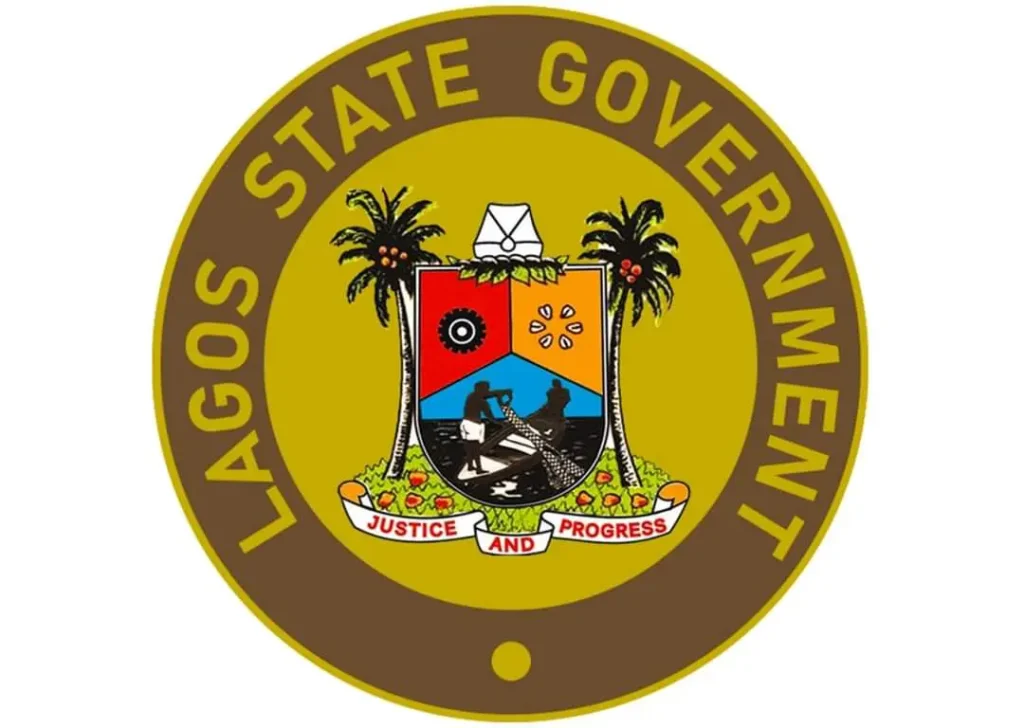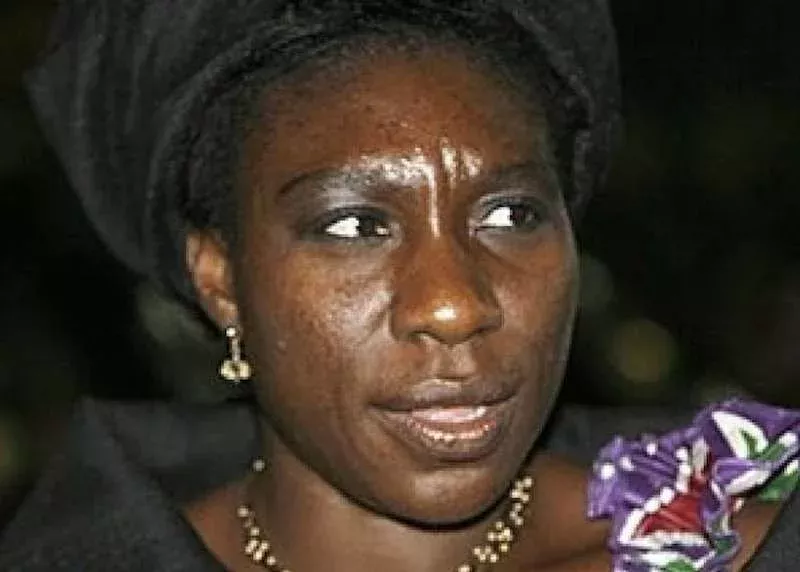Nigeria Secures $6.45 Billion Loan from World Bank in 16 Months, Critics Raise Concern Over Debt Profile
The Federal Government, under the leadership of President Bola Tinubu, has secured a staggering $6.45 billion loan from the World Bank in just 16 months, with further commitments expected in the coming months. The loan approvals are aimed at financing various development projects nationwide, but the move has raised concerns about Nigeria’s escalating debt profile.
The international lender has approved 36 loan requests to the Federal Government, amounting to a substantial total of $24.088 billion within five years. The loans are earmarked for various projects, including power, women empowerment, education, renewable energy, and economic stabilization reforms.
While some Nigerians acknowledge the resource constraints, given the country’s large population, others are critical of past borrowing, wondering if the funds have been used effectively. Between 2020 and 2024, the World Bank has approved $15.59 billion in loans to Nigeria, with the country’s debt servicing expenses reaching N6.04 trillion in the first half of 2024 – a sharp increase of 68.8 percent from the same period in 2023.
The World Bank has approved several loans to Nigeria, with the latest being three new projects worth $1.57 billion. The projects aim to strengthen human capital, build resilience to climate change, and improve service delivery in education and healthcare. The bank has also approved a $500 million grant to support women’s projects and a $70 million grant for the Rural Access and Agricultural Marketing Project – Scale Up.
Despite the concerns, the World Bank’s commitment to strengthening Nigeria’s human capital and building resilience in the face of climate threats is a positive step forward. However, the country’s growing debt profile remains a major concern, with debt repayment consuming a significant portion of its financial resources.
As Nigeria continues to navigate its economic challenges, it is essential for the government to prioritize effective use of borrowed funds, ensure transparency and accountability in borrowing and spending, and develop a sustainable plan to manage its debt profile.



